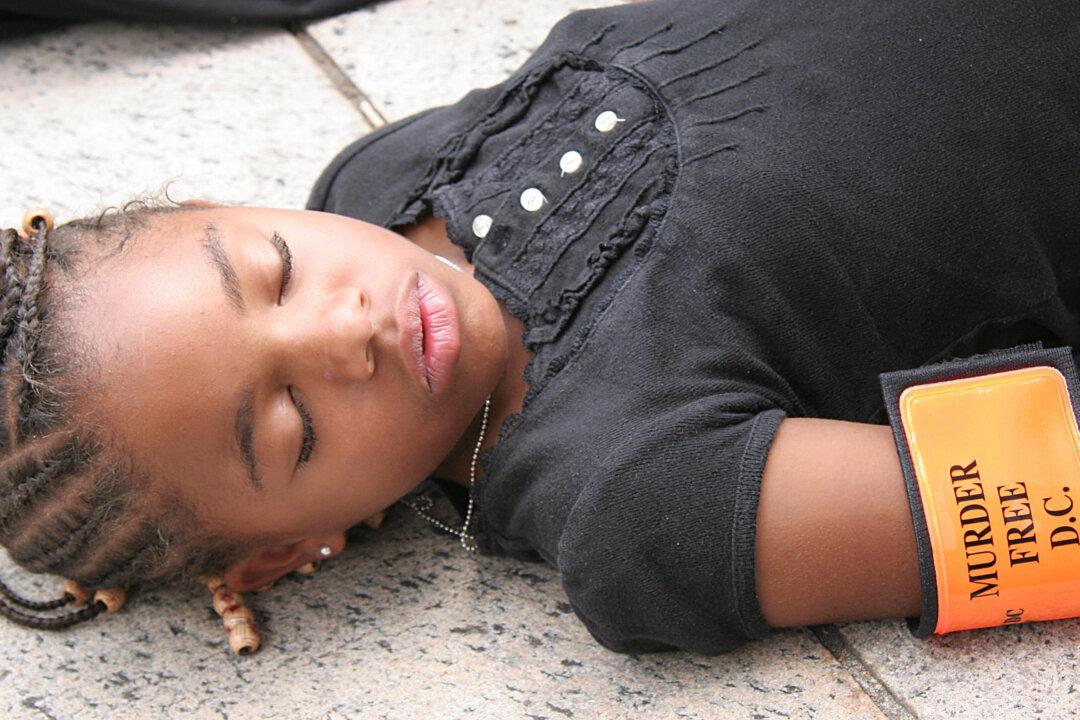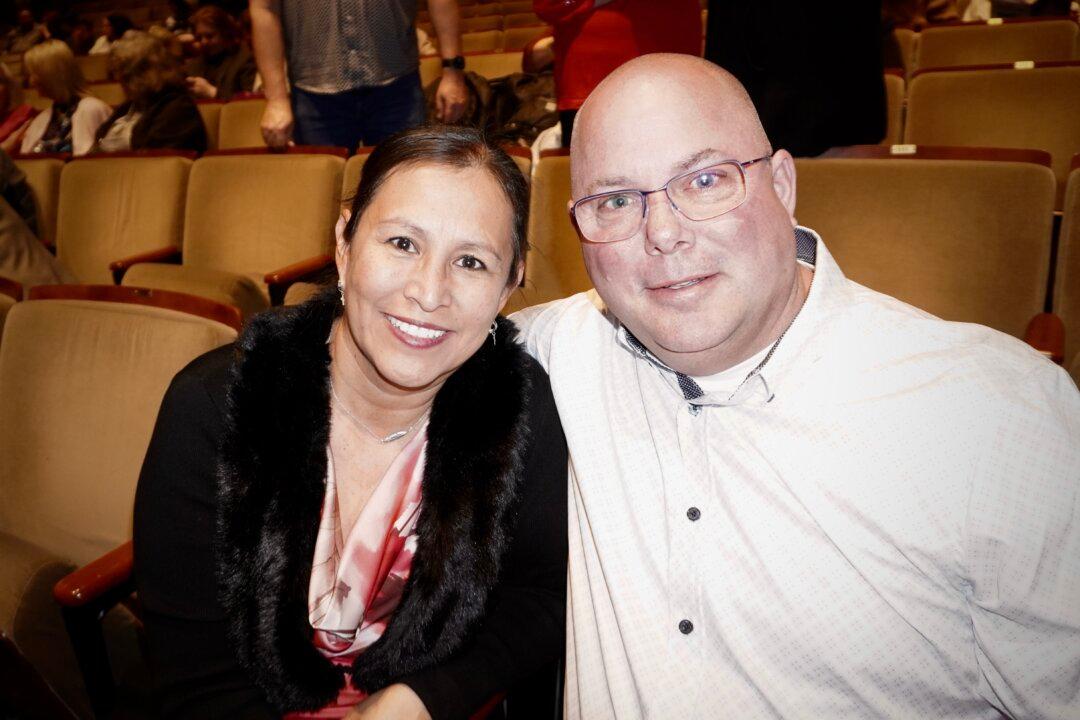A new plan to deter crime has gained preliminary approval from the Washington, D.C. Council.
The plan, part of an anti-crime bill, would pay as many as 200 residents identified as being at risk for committing or being a victim of violent crimes if they participate in behavioral therapy and remain crime-free.
The residents would receive up to $9,000 a year, according to the Washington Times.
Councilmember Kenyan McDuffie, a Democrat who wrote the legislation, said it was part of a comprehensive approach to reducing violent crime in the city, which experienced a 54 percent increase in homicides last year. Homicides and violent crime are still down significantly since the 2000s, and even more so since the early 1990s when the District was dubbed the nation’s “murder capital.”
The proposed program is based on a similar one running in Richmond, California.





